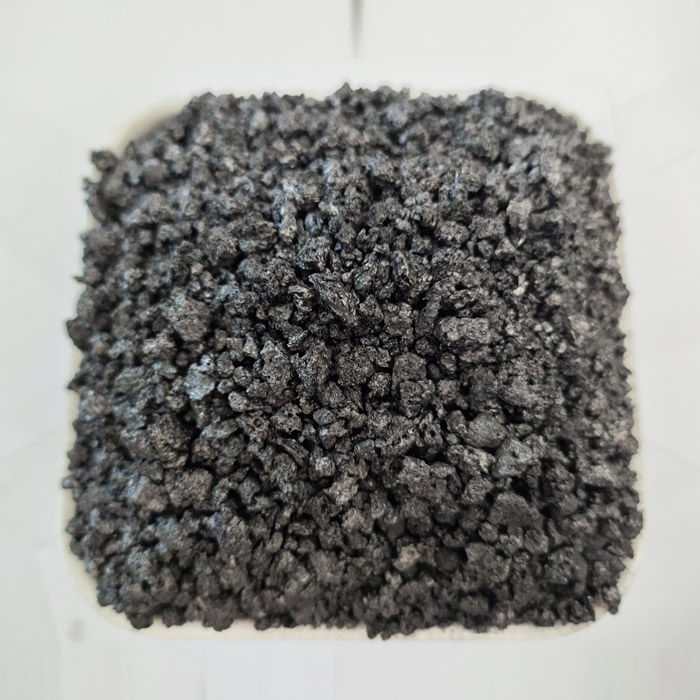Oct . 14, 2024 17:27 Back to list
Suppliers of Interior Wall Finishing Materials for Home and Commercial Spaces
Understanding Interior Wall Materials Suppliers A Comprehensive Guide
When it comes to building or renovating spaces, selecting the right interior wall materials is crucial not only for aesthetics but also for functionality and durability. Interior wall materials suppliers play a significant role in this process, providing a variety of options that cater to different styles, budgets, and requirements. This article aims to explore the various types of interior wall materials, the factors to consider when choosing suppliers, and the benefits of working with reputable companies in this field.
Types of Interior Wall Materials
1. Drywall Also known as gypsum board, drywall is one of the most common materials used for interior walls. It is lightweight, easy to install, and provides a smooth surface for painting or wallpapering. Drywall is available in different thicknesses and can also be moisture or fire-resistant, making it suitable for bathrooms and kitchens as well as commercial applications.
2. Plaster Traditionally used in older homes, plaster offers a unique texture and can be shaped into various designs. While it takes longer to apply than drywall, its durability and soundproofing qualities make it a preferred choice in some applications. Interior plaster can also offer a higher level of finish with various textures.
3. Plywood and OSB Panels Plywood and oriented strand board (OSB) panels are often used in more rustic or industrial-themed interiors. They provide a strong structural component while also adding warmth and character to a room. These materials can be left exposed or covered with other finishes.
4. Brick and Stone Exposed brick or stone walls are popular in modern and rustic designs. They bring a natural aesthetic and can create a unique ambiance. However, they require more labor-intensive installation and are typically more expensive than other wall materials.
5. Glass Increasingly used in contemporary designs, glass walls can create an open and airy feel within a space. They allow natural light to flow freely and can visually expand a room. However, glass walls may not offer the same level of privacy as traditional materials.
6. Acoustic Panels For spaces where sound management is a priority, acoustic panels provide an effective solution. These can be applied to walls or ceilings, absorbing sound waves and reducing noise levels, ideal for offices, studios, and theaters.
Factors to Consider When Choosing Suppliers
When searching for interior wall materials, it's essential to evaluate potential suppliers on several fronts
interior wall materials suppliers

1. Product Range A good supplier should offer a wide selection of materials, providing options that cater to different design styles and functional needs. Suppliers with diverse catalogues can often meet your specific project requirements more effectively.
2. Quality and Certifications The quality of materials is paramount. Look for suppliers who offer products that meet industry standards and certifications. This ensures that the materials will be durable and safe for use.
3. Pricing and Availability It’s important to find a balance between quality and price. While it might be tempting to go with the cheapest option, consider the long-term value of the materials. Additionally, ensure that the supplier can deliver on time, as delays can significantly impact your project timeline.
4. Customer Service Suppliers who provide knowledgeable customer support can help streamline your purchase process. They should be able to answer questions regarding installation, maintenance, and technical specifications.
5. Reputation and Reviews Research potential suppliers through customer reviews and testimonials. A well-established supplier with a positive track record is often a reliable choice.
Benefits of Working with Reputable Suppliers
Choosing the right supplier can significantly enhance your project’s overall success. Reliable suppliers offer the following benefits
- Expertise and Guidance Experienced suppliers can provide valuable insights into which materials will best meet your project needs, based on their expertise and past experiences. - Quality Assurance Reputable suppliers are more likely to offer high-quality materials that can withstand the test of time, reducing the likelihood of costly repairs or replacements down the line.
- Ongoing Support Many respected suppliers offer ongoing support even after the sale, assisting with any issues that may arise during installation or after completion.
Conclusion
In conclusion, the selection of interior wall materials is a critical aspect of any construction or renovation project. With a clear understanding of the available materials and careful consideration when selecting suppliers, homeowners and designers can create beautiful, functional spaces that stand the test of time. Partnering with reputable interior wall materials suppliers can lead to outstanding results, ensuring your vision becomes a reality. Whether you choose drywall, plaster, wood, or glass, the right materials can transform your interior spaces and elevate the overall design.
-
Fe-C Composite Pellets for BOF: Enhance Steelmaking Efficiency
NewsAug.07,2025
-
Eco-Friendly Granule Covering Agent | Dust & Caking Control
NewsAug.06,2025
-
Fe-C Composite Pellets for BOF: High-Efficiency & Cost-Saving
NewsAug.05,2025
-
Premium Tundish Covering Agents Exporters | High Purity
NewsAug.04,2025
-
Fe-C Composite Pellets for BOF | Efficient & Economical
NewsAug.03,2025
-
Top Tundish Covering Agent Exporters | Premium Quality Solutions
NewsAug.02,2025
